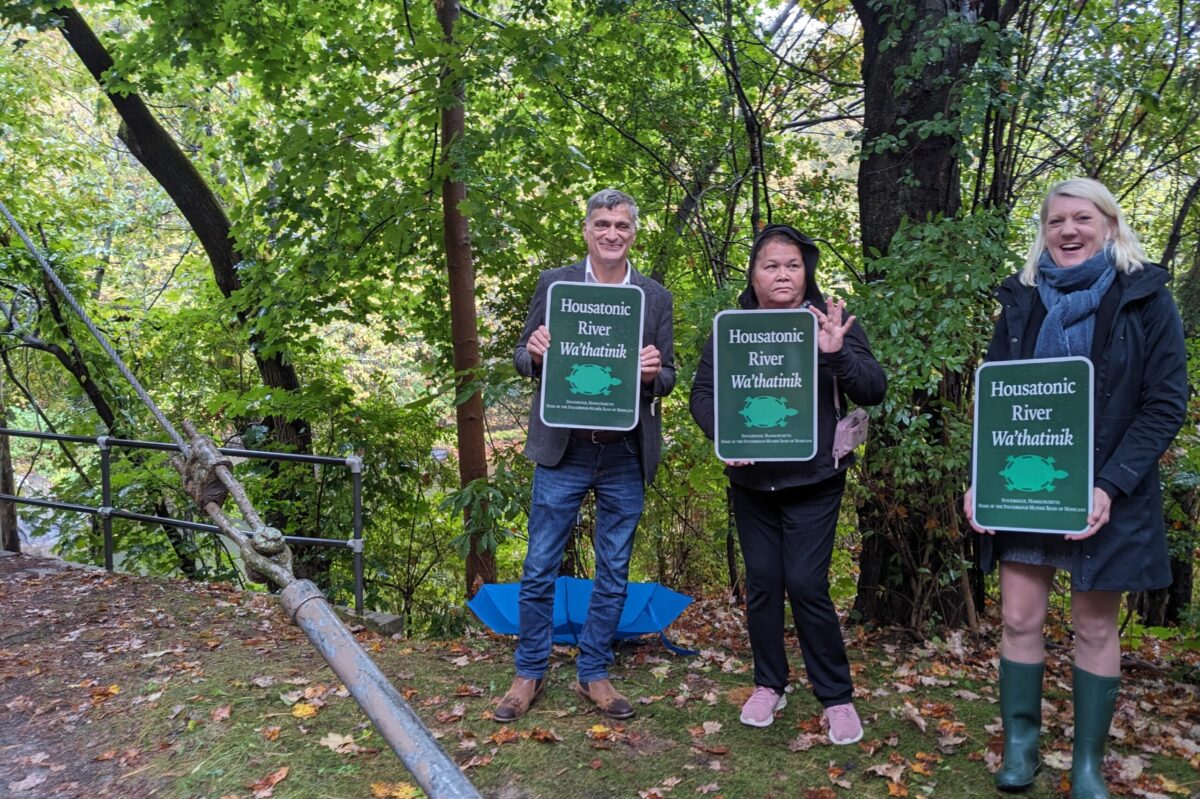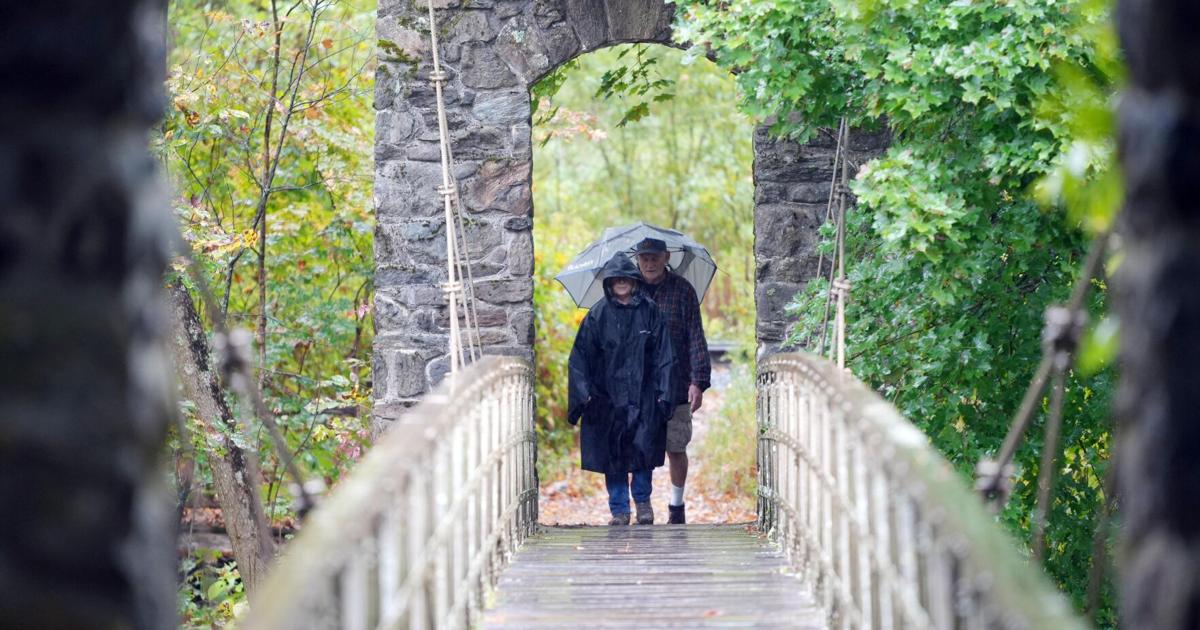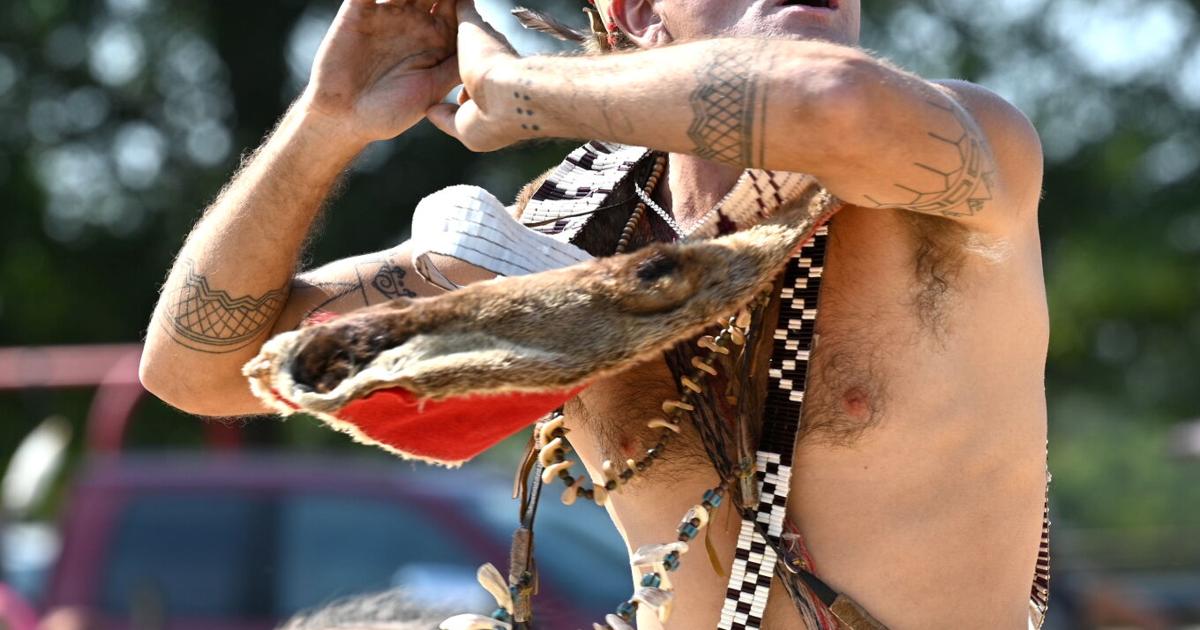Indigenous Peoples Day
Newburyport’s annual Indigenous Peoples Day celebration returns to Waterfront Park on Monday starting at 10 a.m. and running until 5 p.m. The free family event honors the region’s Indigenous communities, including all native peoples like the Pawtucket-Penacook, Massachusetts, Nipmuc, Wabanald, as well as the Wampanoag.
Inspiring music at Belleville
Le Vent du Nord opens the Belleville Roots Music 2024-25 Series on Friday at 8 p.m. Enjoy the energy of a Quebecois Saturday night kitchen party as this award-winning progressive string band returns to Belleville, delighting audiences in English with the flavors of French tradition. Tickets are on sale at www.bellevilleroots.org.
Crafting Cinema
Newburyport Recreation and Youth Services and The Screening Room will show the film “Practical Magic” on Saturday at 1 p.m. as part of its monthly Crafting Cinema program. Ever wanted to bring your crochet to the cinema but it’s just too dark? Work on that knitted scarf but worried about annoying the person next to you? For more info, visit: www.newburyportmovies.com/practical-magic.
Fall into fall
The Newburyport Chamber of Commerce & Industry’s annual Fall Fest returns to downtown Newburyport on Saturday and Sunday from 10 a.m. to 4 p.m. Plenty of live local bands, local food trucks and libations, artisans and crafters (including lots of Halloween items) will be on hand. On Saturday, check out the chamber’s annual Oktoberfest at Waterfront Park.
‘Little Mermaid’ at the Firehouse
Join Ariel and her friends in a costume parade following the Saturday performances of “The Little Mermaid” at 10 a.m. and 1 p.m. at the Firehouse Center for the Arts. Come dressed as your favorite character from “The Little Mermaid” (or any fun costume of your choice) and join the parade. All children will receive a treat and a prize…
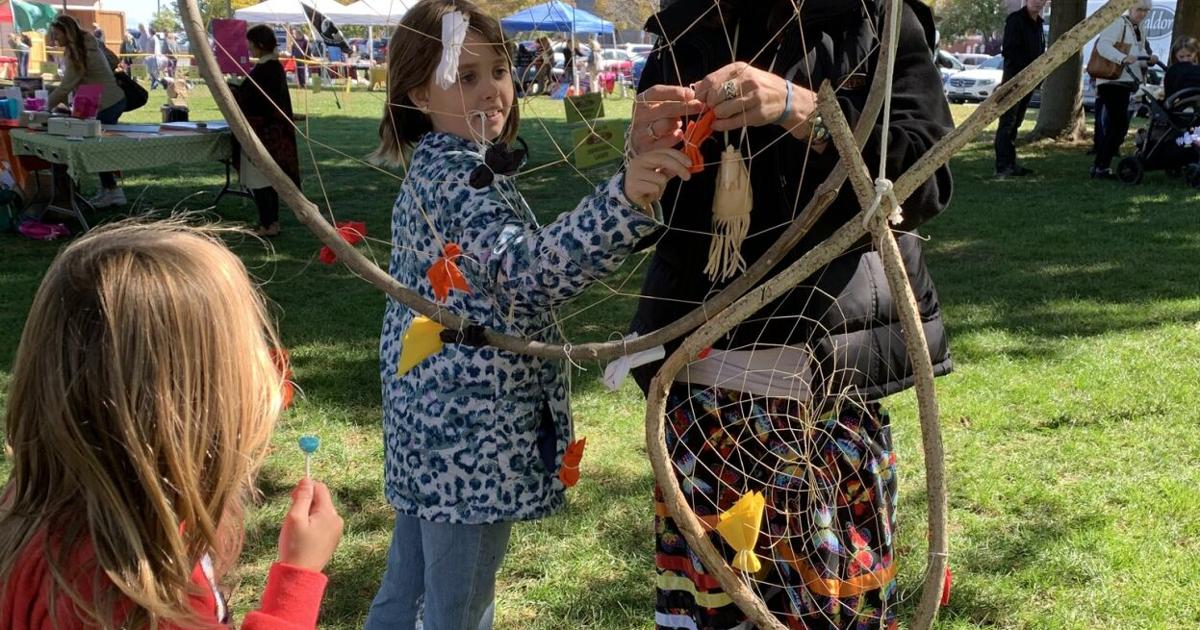
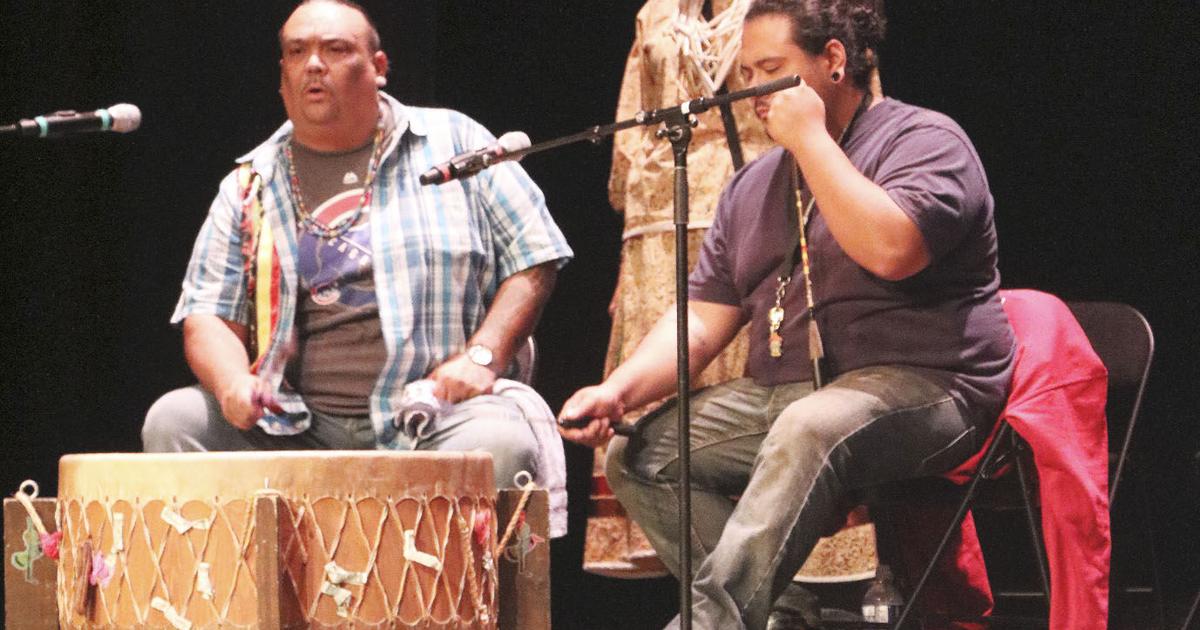
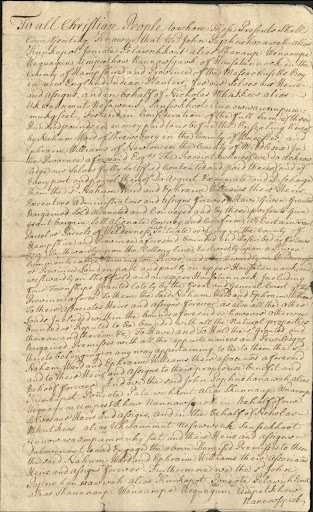
 Williams’ 1737 deed claimed land that was already home to the Mohicans. (Photo courtesy of Special Collections.)
Williams’ 1737 deed claimed land that was already home to the Mohicans. (Photo courtesy of Special Collections.) 